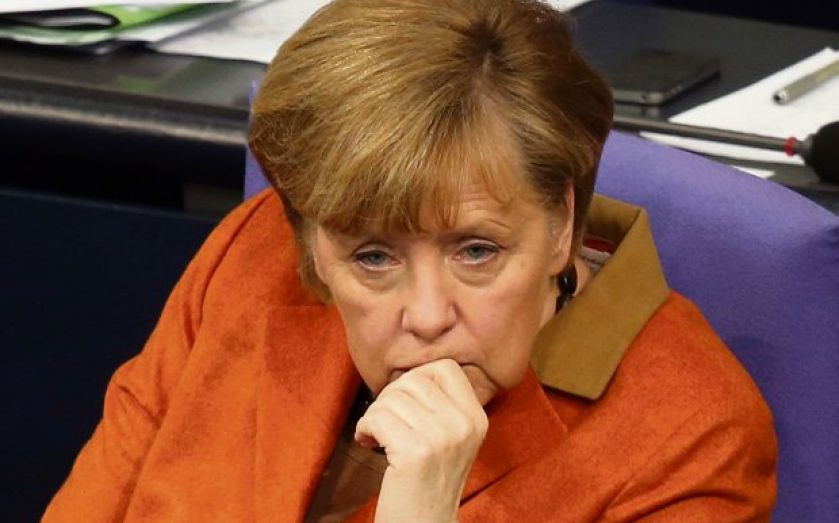EU leaders step up rhetoric on transaction tax

THE FRENCH and German governments pledged to continue pushing for a new European financial transaction tax yesterday, following repeated setbacks.
German Chancellor Angela Merkel told journalists yesterday that progress on the issue ahead of May’s EU parliament elections “would be an important signal”.
The European Commission had initially suggested that the tax should come into effect at the beginning of this year, but has since been delayed. Eleven EU countries have agreed to implement the tax in principle, but a concrete political agreement has still not been finalised.
Merkel was meeting French President Francois Hollande in Paris, her first trip abroad since she damaged her pelvis in a skiing accident late in 2013.
This week, a report conducted by London Economics suggested that the implementation of a financial transaction tax could have a dramatic effect on savings in the countries that implemented it, and even spill over into countries that do not.
The research estimates that the effect of the tax on German bonds and equity holdings would be a 14.1 loss in value, a reduction of about €150.6bn (£123.98bn), equivalent to 5.8 per cent of GDP. Though the UK is not participating in the planned tax, the report estimates that British equity and debt holdings could be reduced in value by €4.4bn, or 0.6 per cent of the total.